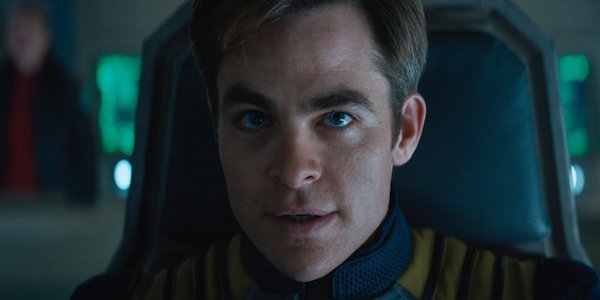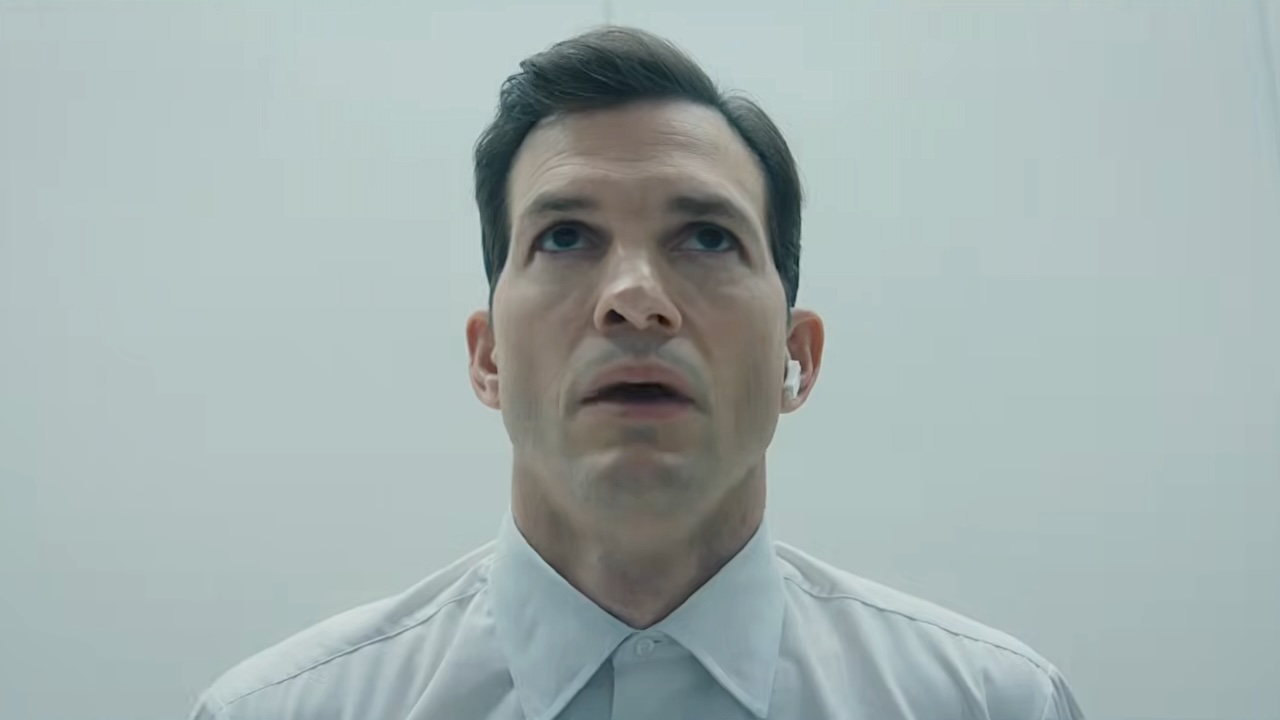7 Quentin Tarantino Trademarks That'd Be Great To See In A Star Trek Movie
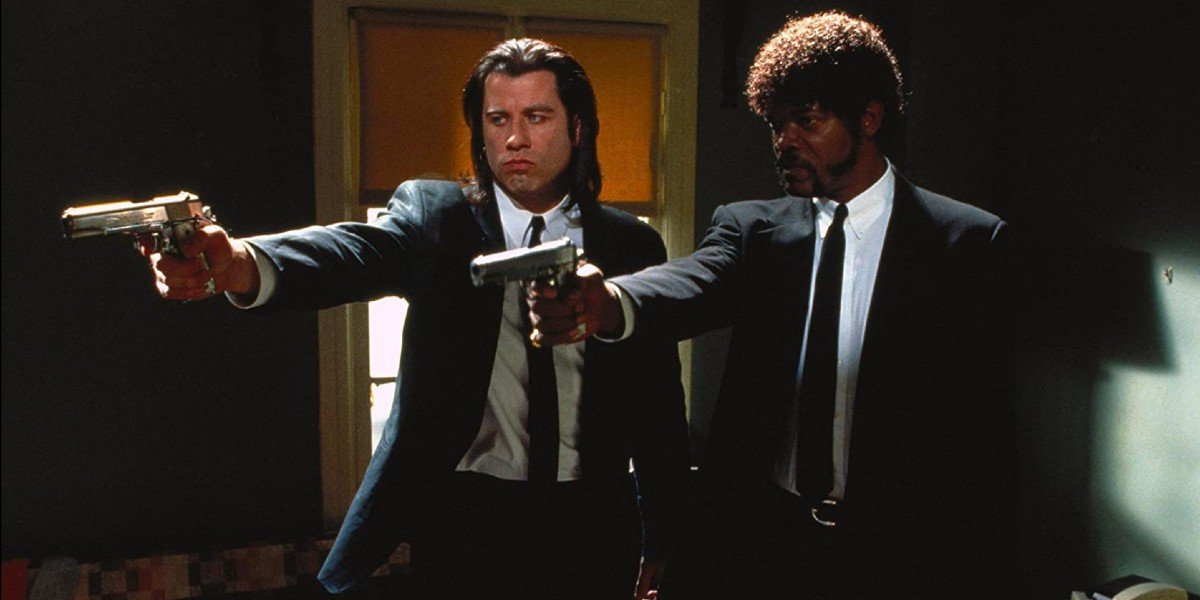
Your Daily Blend of Entertainment News
You are now subscribed
Your newsletter sign-up was successful
The Star Trek franchise, at least on the movie front, is at a crossroads. With Star Trek Beyond coming out four years ago and many of the cast not knowing anything about a follow-up, it seems very unlikely that their series will continue. That presents an opening for some radical changes; changes I’d argue Star Trek needs and that Quentin Tarantino can provide.
It’s not news that Quentin Tarantino was working on a Star Trek project for Paramount. Unfortunately, the tide may be turning against him making his Star Trek movie. Even so, reportedly Paramount is still considering it as an option, even if Quentin Tarantino doesn’t direct. The filmmaker also admitted that he’d be willing to act as a consultant if he decides not to take on the project.
With all that said, if his project hits the rails to production, there are plenty of Quentin Tarantino trademarks that could bring a fresh take on the Star Trek franchise, away from fast-paced action, lens flares and silly gags. Engage!
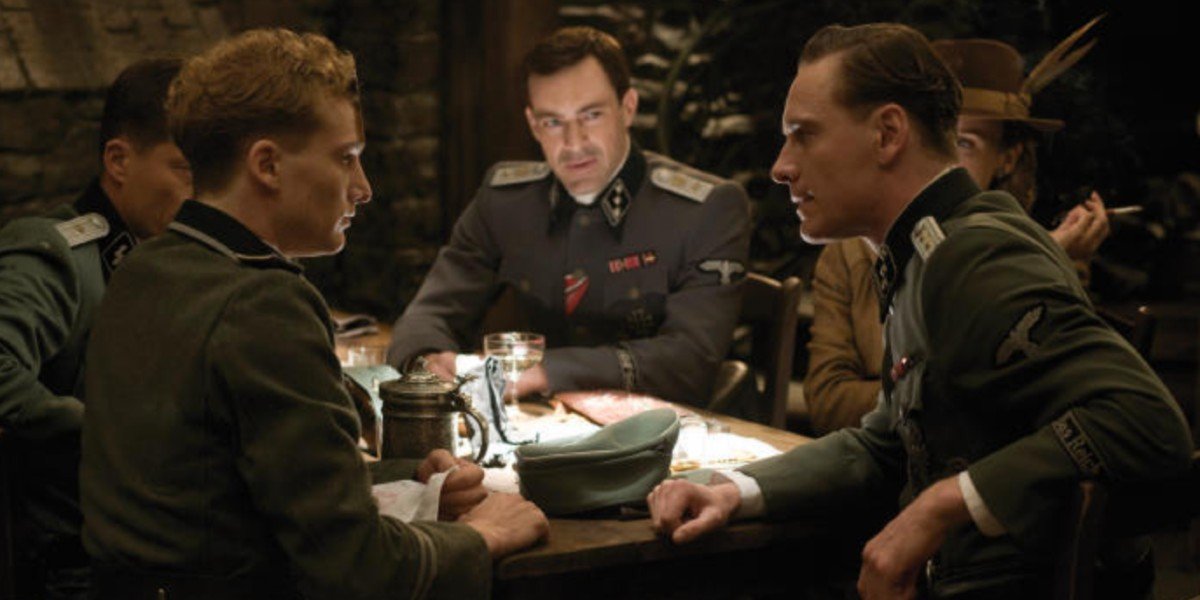
Philosophical Dialogue
Quentin Tarantino’s greatest strength is his uncanny ability to write incredible dialogue. Since Reservoir Dogs, his dialogue has been sharp, witty and unique, and has a way of sticking in your head long after the scene has passed. His dialogue really sings when ideological and philosophical differences come to the forefront, creating tension and increasing the drama. For some filmmakers, this is tough to pull off, but Quentin Tarantino almost makes it look easy to create a long scene of dialogue feel natural, gradually building toward a conflict.
We lost this in J.J. Abrams' Star Trek and the following sequels. The philosophical dialogue the franchise has been known for, like between Kirk, Spock and Bones, or between Kirk and other alien species, was cast to the side for more action sequences. Quentin Tarantino could bring this vital Star Trek storytelling element back and knock it out of the park, punching up the dialogue to be some of the best it’s ever been.
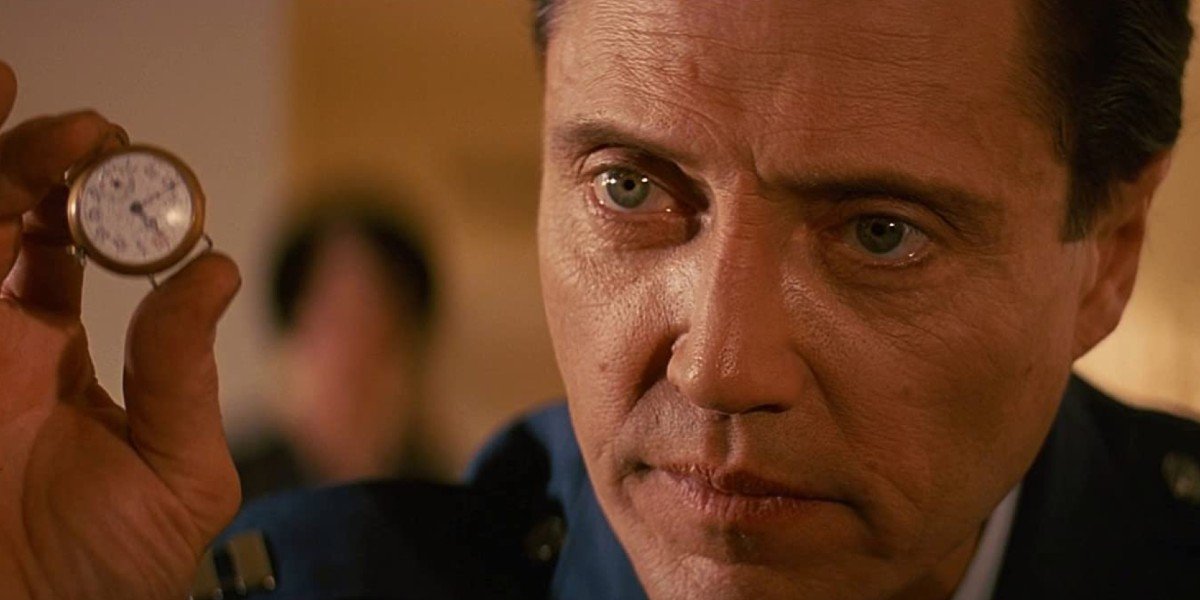
Well-Written Monologues
On top of dialogues, Quentin Tarantino is a master at crafting the monologue. I’d argue this might be even harder to pull off than the dialogue. Monologues done poorly can become self-righteous and boring sermons, but Quentin Tarantino could easily inject some life into those monologues.
Just look to Pulp Fiction to see what I mean. Samuel L. Jackson’s monologue featuring Ezekiel 25:17 ranks as one of his most famous, terrifying and memorable of the bunch. Then we’ve got Christopher Walken’s monologue, when he gives Butch his dad’s watch. Or look to Bill’s monologue on Superman and Leonardo DiCaprio’s horrifying monologue on phrenology, and it becomes clear Quentin Tarantino’s monologues are mesmerizing, beautifully written and often diabolically bonkers.
Your Daily Blend of Entertainment News
Star Trek loves the monologue too, especially with Captain Kirk’s many speeches. So imagine with me for a second that Quentin Tarantino writes Captain Kirk’s speech or Spock’s speech or a diabolical villain’s speech; all those would be monologues on fire.
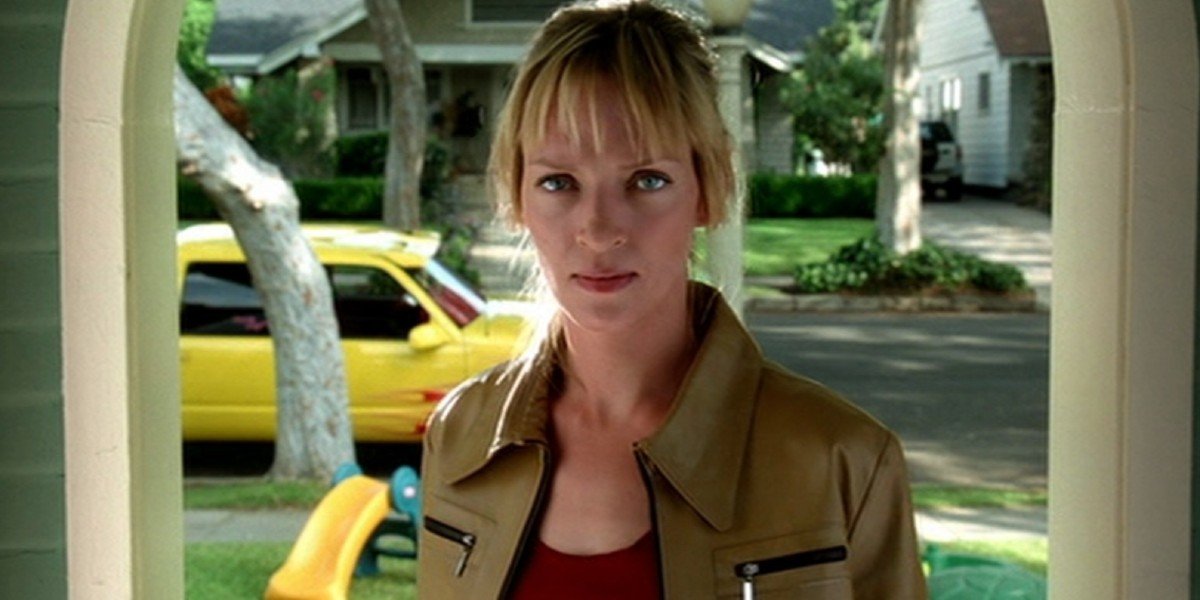
Non-Linear Storytelling
Traditionally, Star Trek has depended on linear storytelling with each TV episode and movie. In contrast, Quentin Tarantino does the opposite, frequently employing non-linear storytelling methods when writing his own movies. While this style of storytelling might feel out of place with Star Trek, I’d argue it’s just what the franchise needs to break out of old habits.
Star Trek, after all, is science fiction and about exploring new worlds. It’s always tried to push boundaries. It wouldn’t be out of the question for it to shake things up and use radical non-linear storytelling methods. In fact, it might even be to its benefit, giving fans something they rarely get to see. Quentin Tarantino once admitted that his Star Trek would be Pulp Fiction in space. So, I say Star Trek should boldly go into this direction, perhaps even to Pulp Fiction levels.
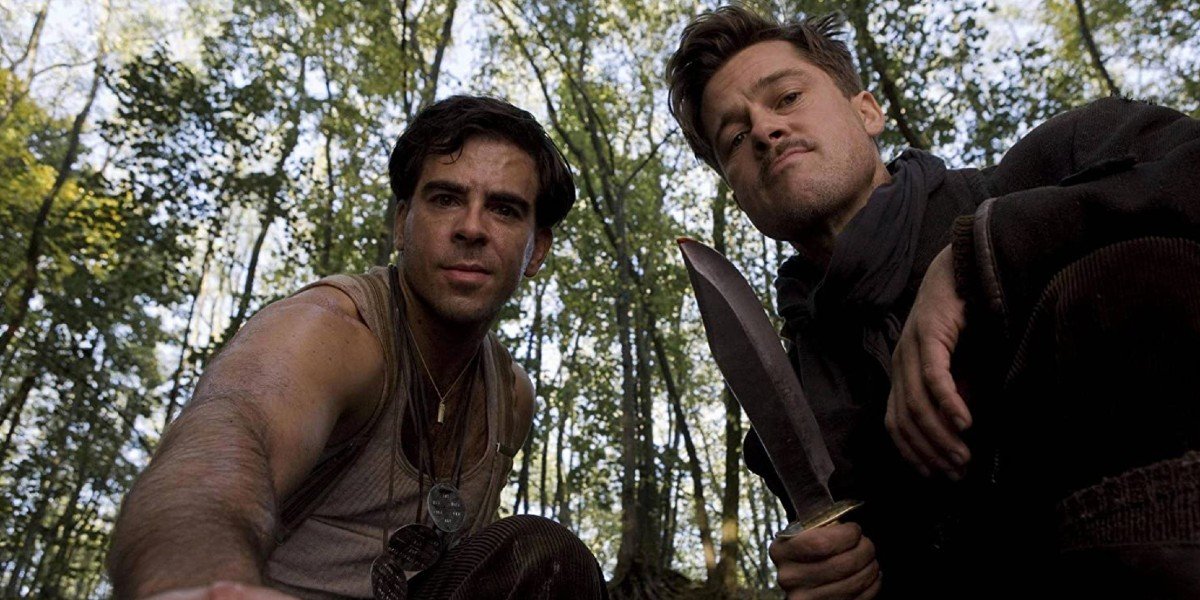
Plenty Of Gore
When people think of Quentin Tarantino, the thought of wanton violence and gore usually comes to mind. That’s no real accident; from Reservoir Dogs to Django Unchained to The Hateful Eight, most of his movies include this trademark. Traditionally, Star Trek has steered clear of gore. It has violence, of course, and the occasional blood, but never in an over-the-top fashion like Tarantino movies. But that doesn’t mean Star Trek shouldn’t include this Tarantino trademark.
After all, Klingons aren’t carrying toothpicks. All you have to do is to take a good look at the Bat’leth to understand the kind of damage Klingons could inflict. Put in Quentin Tarantino’s sense of violence and Star Trek just got real. Plus, with this level of visceral action, Star Trek wouldn’t be safe anymore. It would increase the stakes, the tension for the main characters, and create a newfound uneasiness that hasn’t been felt in a Star Trek movie before.
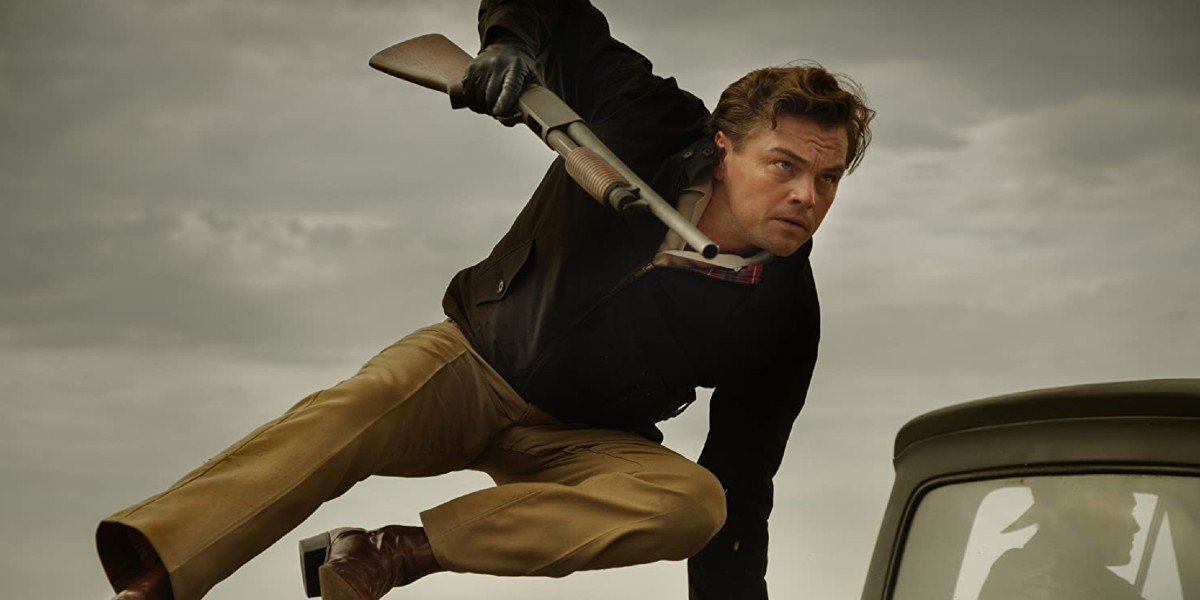
Narration
I’ll be honest, whenever a movie uses voiceover narration, it rubs me the wrong way, mostly because it’s pointless exposition. But with Tarantino, it's different. He’s cleverly found a way to make narration a friend in the game rather than a nuisance you wish would get out of the way. His smart writing helps, but he also finds solid actors to narrate, making the narration another character in the story.
Star Trek, of course, is no stranger to voiceover narration. We’ve become quite familiar with Captain Kirk’s “captain’s log” before each story, providing background to set things up. Quentin Tarantino could improve this, writing incredible narration to a Star Trek “captain’s log,” but also give Captain Kirk a bit more voice and personality through the journey.
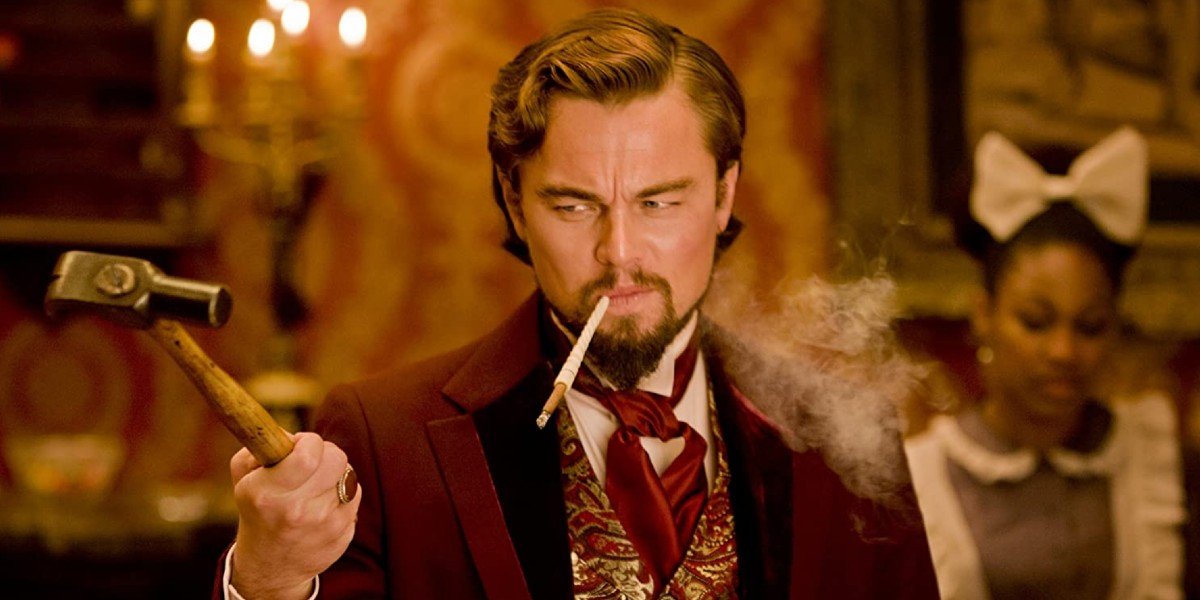
A Ruthless Villain
Vic Vega. Bill. Hans Landa. Calvin Candie. Daisy Domergue. Quentin Tarantino is scary good at writing intimidating, ruthless, and eccentric villains. They’re often larger-than-life, hold radical beliefs and unleash hell whenever they please. In Star Trek, Captain Kirk reaches his greatest potential when he goes against a powerful adversary. One only has to point to Star Trek II: The Wrath of Khan to see this. Khan and Kirk’s rivalry made that movie great. A good Star Trek story needs a radical villain to push Captain Kirk to his limits.
The villains in the latest Star Trek trilogy have been serviceable, but I don’t think any of them reached the level of diabolical evil. They had their moments of intimidation, but they’re not that memorable. Benedict Cumberbatch’s Khan might be an exception, but I'd say it's pretty small, as his Khan had some serious problems. No doubt Quentin Tarantino could craft a truly terrifying villain. Whether it’s a human, an alien or something else entirely, it would be great to have a villain that makes us actually scared for Captain Kirk and his Enterprise crew again.
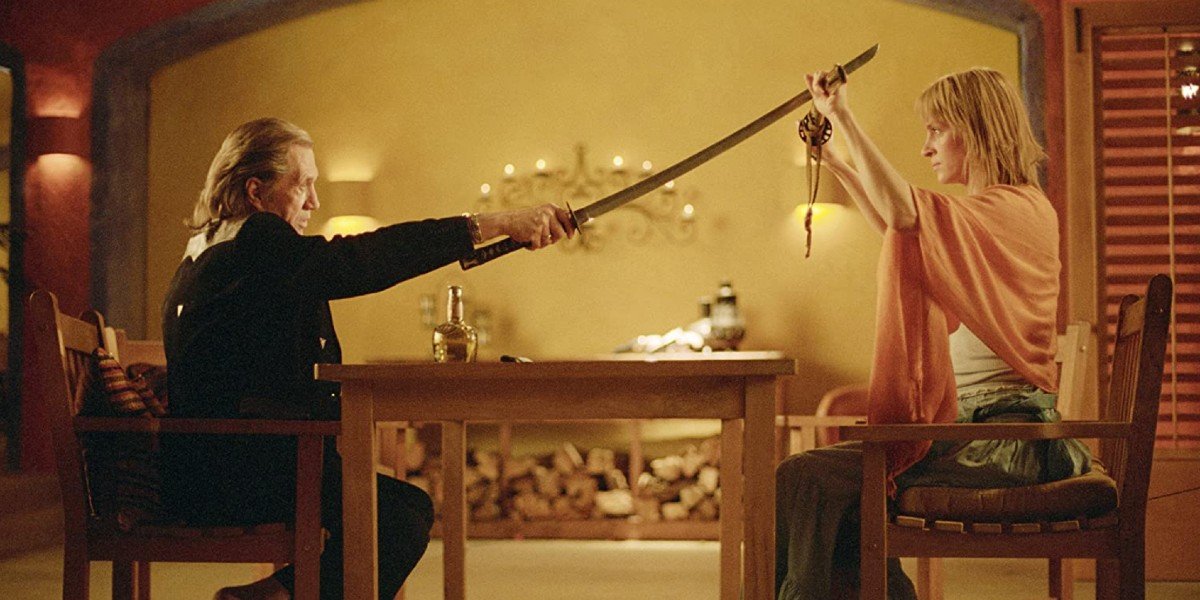
Revenge
Quentin Tarantino doesn’t have a monopoly on revenge, but he sure acts like he does. He uses this storytelling device in most of his movies, sometimes making it the centerpiece of the story. And Tarantino does it so well, it’s hard to care when he keeps reusing it. Star Trek typically tries to stay civilized, holding the captain and crew up to a higher moral standard. Revenge, more often than not, is beneath them, but that hasn’t always been the case.
Captain Kirk knows revenge all too well, especially when he holds a grudge against the Klingons for killing his son. It wouldn’t be out of the ordinary for Quentin Tarantino to inject a little revenge story within the Star Trek universe. This might also play well against Captain Kirk’s better angels and Spock’s logic and create a perfect moral conflict within the story.
Sure, a Quentin Tarantino Star Trek would be unorthodox and a little weird from what Star Trek fans are used to, especially in light of the last Star Trek trilogy. But I think that’s what Star Trek needs to become interesting again. Even if he doesn’t direct, I think these trademarks would help heighten the Star Trek cinematic franchise and set on a new, more exciting course for the future. In my mind, that's a bingo.
